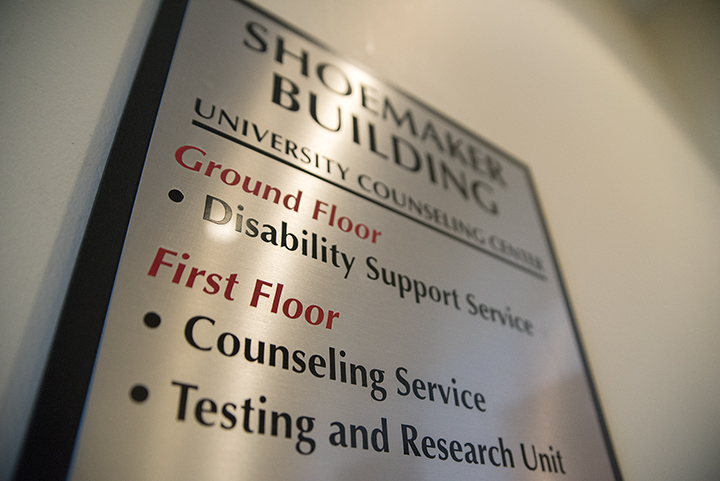With finals fast approaching, it feels as if the looming clock on All The Shit I Gotta Finish has sped up considerably. I know what projects I have due soon, and I know the effective and reasonable way to manage my workload and complete everything on time. But I have a rather obvious confession to make: I struggle with mental illness, and as a result, my brain often does not seem to operate on a framework of reason or organization, but on whatever intense emotions I have to work through because my brain cannot produce chemicals well.
I was diagnosed with moderate depression at the age of 17 and have been receiving treatment on and off since then. I have, thankfully, been working on my brain for so damn long that I have managed to be a relatively high functioning member of society, mostly due to the privilege of access to expensive psychologists and a lot of crying. I am able to pass as a normal student for most of the semester, but it can be really hard for me to go to class and turn assignments in.
Standard attendance policies at this university state that you are allotted one self-signed note excusing one absence per semester, per class. After that one absence, the policy that follows is completely determined by the professor and what they deem appropriate. The standard for any class small enough for a professor to notice an individual absence typically warrants a signed note from a medical professional explaining you had a valid reason to not be in class. So, if you have any reason other than the flu or a cold, you’re essentially screwed.
[Read more: Will Instagram removing “like” counts make a difference?]
Not going to class and turning things in late is not a matter of laziness or apathy. (Well actually, yes, sometimes it is.) But it’s not that I’m lazy, or an apathetic person. It’s that I have this hindrance to existing fully. Sometimes, when I try to wake up in the morning, I’m physically and mentally unable to muster the everyday strength I have to channel when seeking the bravery to face the day.
But look at how intense that paragraph was. I feel comfortable discussing this in writing because I’m able to think about how I want to explain this. But I’m also baring my soul to an audience that likes to send me messages about how Back In Their Day little shits like me would never be able to write the angry-word-salad I get paid to create.
The intensity of mental illness leaves me and many other people in my situation in an uncomfortable gray area that seems to persist in every academic and professional environment. Do I address the intense shame I feel for not being able to attend or do as much as other students who don’t have to deal with this? Or do I allow my behavior — with no context — to characterize me as someone who just doesn’t care? The ambiguity kills me because I want the people around me to know that there is a reason for the way that I address things. At the same time, I would love for my professors to just view me as a normal and healthy person. I know that I’m not, but does everyone have to know?! Apparently so, because I’m writing this.
[Read more: How can I be perfect like every journalist on Twitter with a blue checkmark?]
The gray area persists in university policy as well. Multiple professors have suggested I file for accommodations to better manage my academics without having to overshare what exactly is going on with my brain. If I were to file for disability accommodations, policies would allow me to receive extra assistance, like extensions on deadlines and testing accommodations.
But the thing is, I don’t consider myself disabled. Why should an able-bodied person take up space in a queue for people who need immediate assistance from the Accessibility and Disability Service office? And even if I were to attempt to file, it is an incredibly complicated and bureaucratic process that necessitates an interview and lots of formal documentation that proves I deserve help. There should be more than one avenue to address the fact you have mental health-related factors that could affect your academic performance. Why do I need to prove to anyone that I am struggling when I know my own truth?
In a shocking turn of events, the University of Maryland is failing many of its students by not addressing a chunk of its population that deserves to receive the help they need; instead, students are left to confront this awkward social conundrum every semester. I’m not saying I should be able to claim I’m depressed and do whatever I want after that — but I would love for an attendance policy, or some other resource, to exist that would allow me to feel like I have options for navigating this situation. But for many of us, there simply isn’t.



